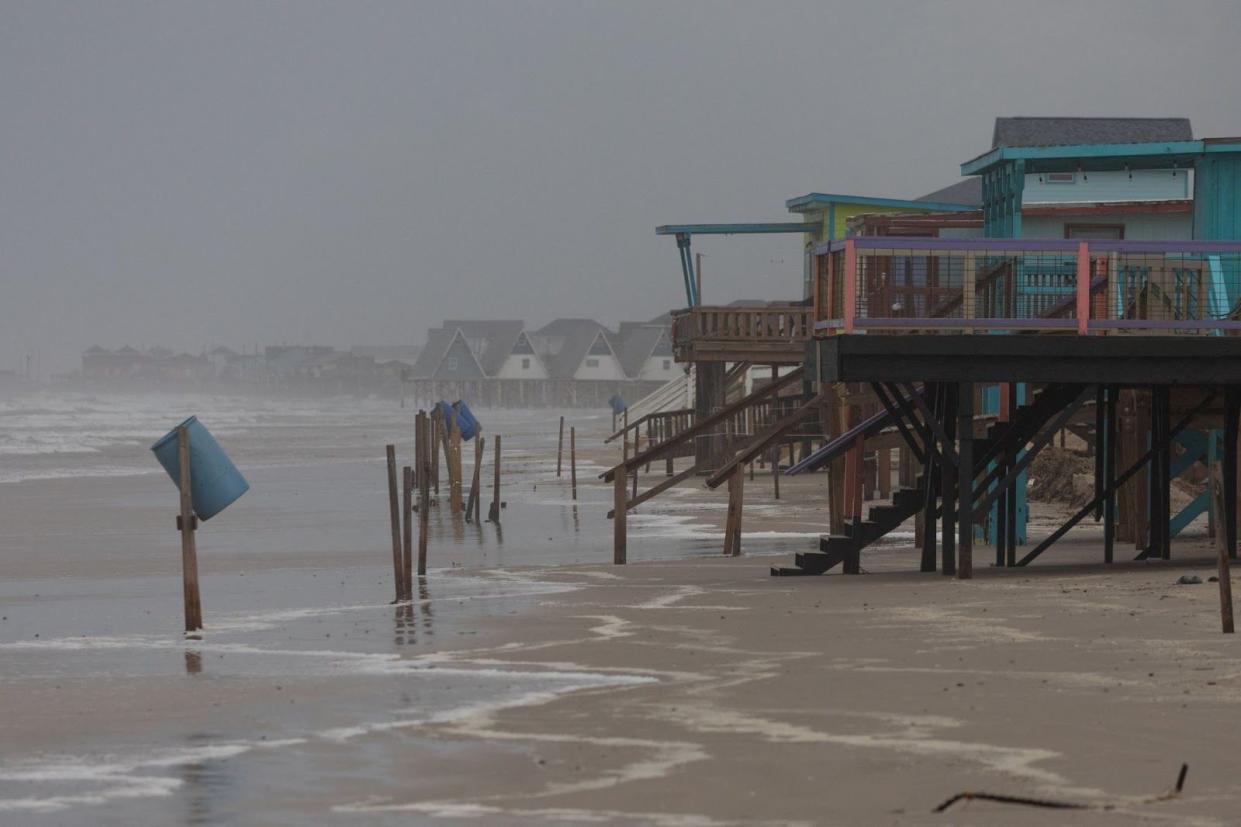US hit by extreme weather as deadly heat wave and Hurricane Beryl shatter records

Insights from The Washington Post, Scientific American, and BBC
The News
The US is facing extreme weather across the country, from heat waves to hurricanes.
In California’s Death Valley, temperatures reached a record 128°F (53°C), and an excessive heat warning is in effect for about 36 million people nationwide. Meanwhile Alaska’s glaciers are facing a “tipping point” as they continue to melt, while record-breaking Hurricane Beryl made landfall in Texas, and it’s expected to move up through eastern states — an unusual occurrence for July.
SIGNALS
Heat is deadlier than other types of extreme weather
As record-high temperatures are expected this year, experts are warning about the deadly effects heat can have on the human body, The Washington Post wrote. Heat can stress organs, and high temperatures can lead to cardiovascular deaths, mortality caused by chronic kidney disease and respiratory failure. A number of deaths caused by heat this season have already been reported, the AP noted. But mortality caused by heat can be difficult to track, particularly in the US, the Post added, because comprehensive data is hard to obtain, and some cases are not clear-cut, such as someone suffering from cardiac arrest during a heat wave: More people have likely died because of extreme heat than official data says.
More outlier weather events expected
Hurricane Beryl has already made history for the intensity it reached so early in the hurricane season, and for how far east it struck compared to storms in previous years — but it may not be the only outlier this season, and likely not the only record-breaking one either, a hurricane researcher told Scientific American: “I think it is kind of an omen of what the hurricane season will be.” Ocean temperatures have been unusually warm for early summer, and as they continue, they could create good conditions for more intense storms to develop.
Difficult to link individual extreme weather events to climate change
Consensus exists among scientists that extreme weather events around the world are the result of climate change caused by the burning of fossil fuels, but it’s harder to attribute specific events to climate change alone, BBC Weather noted. Scientists observe trends and data that spans years, and compare computer models of a world without global warming to current conditions to determine the role climate change plays in extreme weather. When it comes to the development of Hurricane Beryl, a combination of factors, such as high ocean temperatures, wind pattern changes, and climate phenomenon La Niña are to blame, according to the National Oceanic and Atmospheric Administration.

